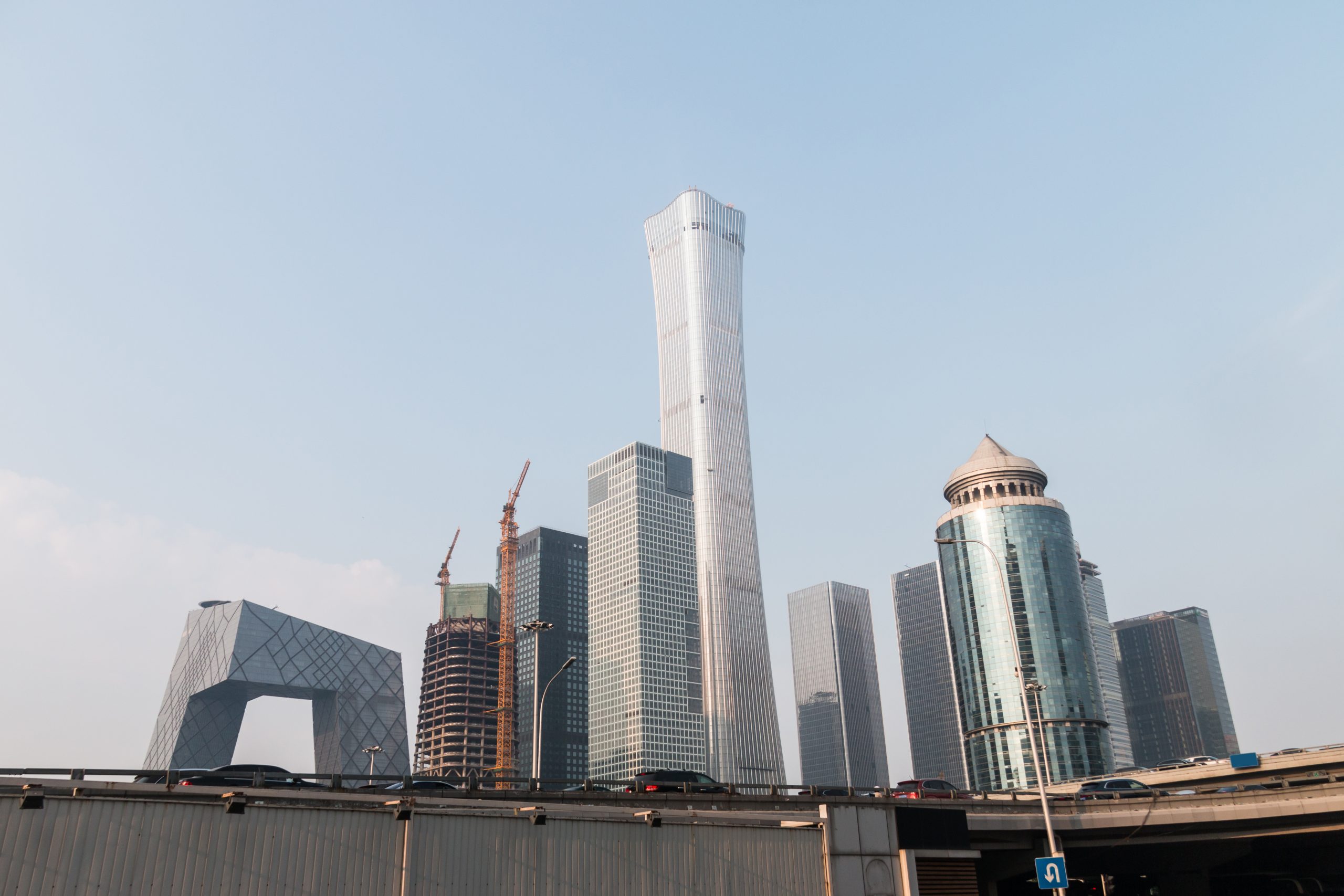Investors remain optimistic on the long-term prospects in China, despite the multiple headwinds facing the world’s second-largest economy.
China revealed second-quarter GDP growth of just 0.4% this morning, well below analyst expectations. The country continues to operate some of the strictest Covid controls in the world, with recent outbreaks in key cities contributing to the weaker growth. Below, four investors discuss the outlook for China, as the intense market scepticism continues:
Justin Thomson, head of international equity at T. Rowe Price
Caution over investing in China is higher than it has been in decades – and not without reason. An uncertain regulatory environment, concerns over the country’s strict Covid-19 regulations, and growing geopolitical tensions have left many foreign investors feeling jittery about putting money into the country. However, despite China’s apparent lurch toward authoritarianism, the authorities will not allow the ‘common prosperity’ programme to derail the economy.
Although China may be going through an extended regulatory cycle, it is just that – a cycle. We believe China in five years’ time should be more investor friendly than it is today. In the nearer term, a key factor in China’s favour is that it remains an outlier in a world of surging inflation. Consumer prices continue to rise modestly, giving the authorities the scope to ease monetary conditions – a privilege enjoyed by very few countries in the world at present. Compelling opportunities exist in areas such as electric vehicles, renewable energy, and mature sectors undergoing consolidation.
Jacob Mitchell, founder and chief investment officer at Antipodes Partners
Certain parts of the Chinese market – like the property and technology sectors – are going through significant regulatory changes and the economy has slowed substantially. In the short term, things appear to be going in the wrong direction. However, if you take a medium or longer-term approach, the opportunities in China have not changed. The regulatory environment will normalise, because the government is very focused now on economic downside risk and it wants platform companies to start reinvesting and hiring, rather than firing.
Our aim is to find resilient businesses trading at attractive valuations. When you factor in the higher discount rates that are applied to Chinese companies, simply because they are in China, a lot are still attractive.
Charles Walsh, portfolio manager of the Mirabaud – Equities Asia ex Japan Fund
Even before the impact to growth from the Russia/Ukraine conflict and its Covid lockdowns, China’s overall policy had shifted to an expansionary mode. This shift has now become more pronounced, to counter the effects of these events in the first half of 2022. China has reduced base rates, lowered the reserve ratios of its commercial banks, and is encouraging local government to raise their full funding for infrastructure projects. Furthermore, numerous targeted measures have been introduced to support key areas such as housing and consumption.
China has also been making encouraging statements in terms of supportive regulation for companies. This is a notable shift – particularly given the regulatory crackdowns experienced by many sectors during 2021 – and could turn regulation from a headwind to a tailwind for Chinese companies. Politicians, officials and regulators have issued several statements in recent weeks confirming their shift towards supporting growth and internet companies, highlighting how integral they are for a healthy, growing economy.
James Penny, UK chief investment officer at TAM Asset Management
China remains in a state of flux, both economically and politically. Longer term, this economy and its burgeoning middle class look set to take an increased share of the global economic stage – and markets should positively reflect this over the next few decades. The picture is less certain shorter term, as we evaluate the opposing forces of a zero Covid policy against a government intent on fiscal stimulus to kick-start economic growth.
One thing remains certain, investing in China requires a tacit acceptance that turbulence will likely continue. How comfortable investors are with volatility will dictate how much of a portfolio can be allocated to China relative to more established markets.





